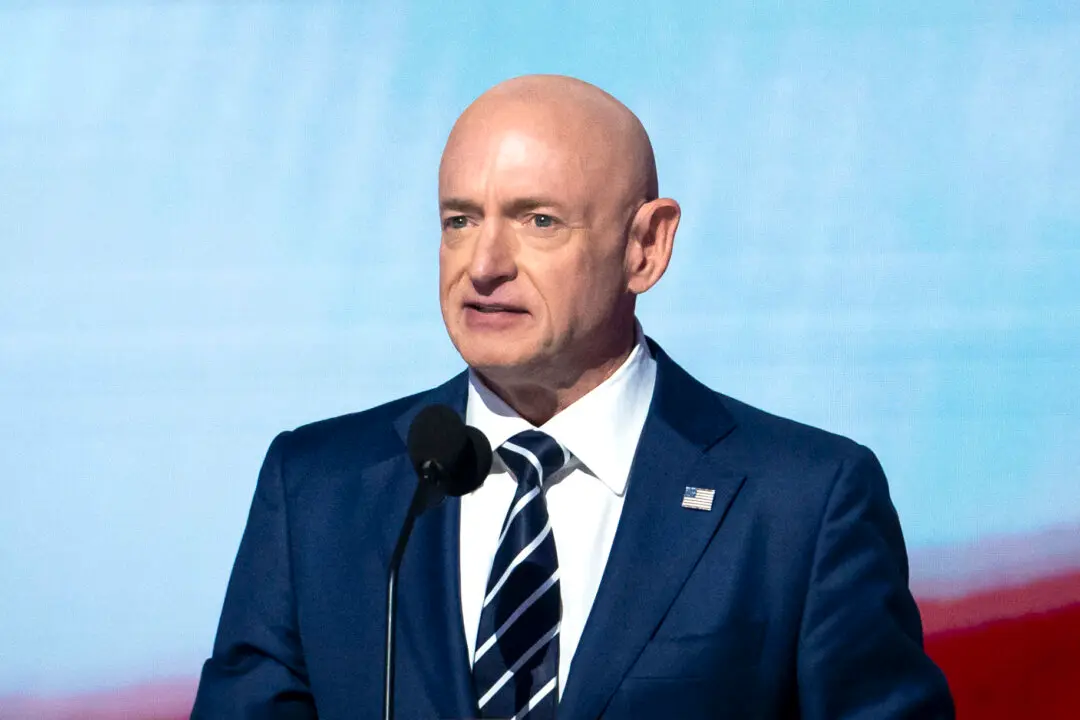The House is set to consider next week a measure to renew a compensation program for Americans exposed to radiation during nuclear weapons testing or uranium mining. The legislation, which was approved in the Senate, is being criticized because it doesn’t contain a hoped-for expansion of compensation to states where uranium was mined and processed for the construction of nuclear weapons.
The move came under fire specifically from Sen. Josh Hawley (R-Mo.), who called House Speaker Mike Johnson’s (R-La.) choice of a narrower bill a “total dereliction.”





